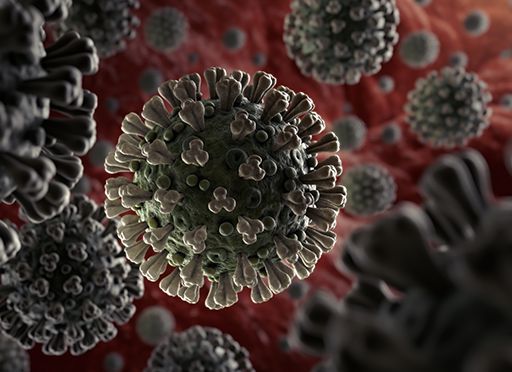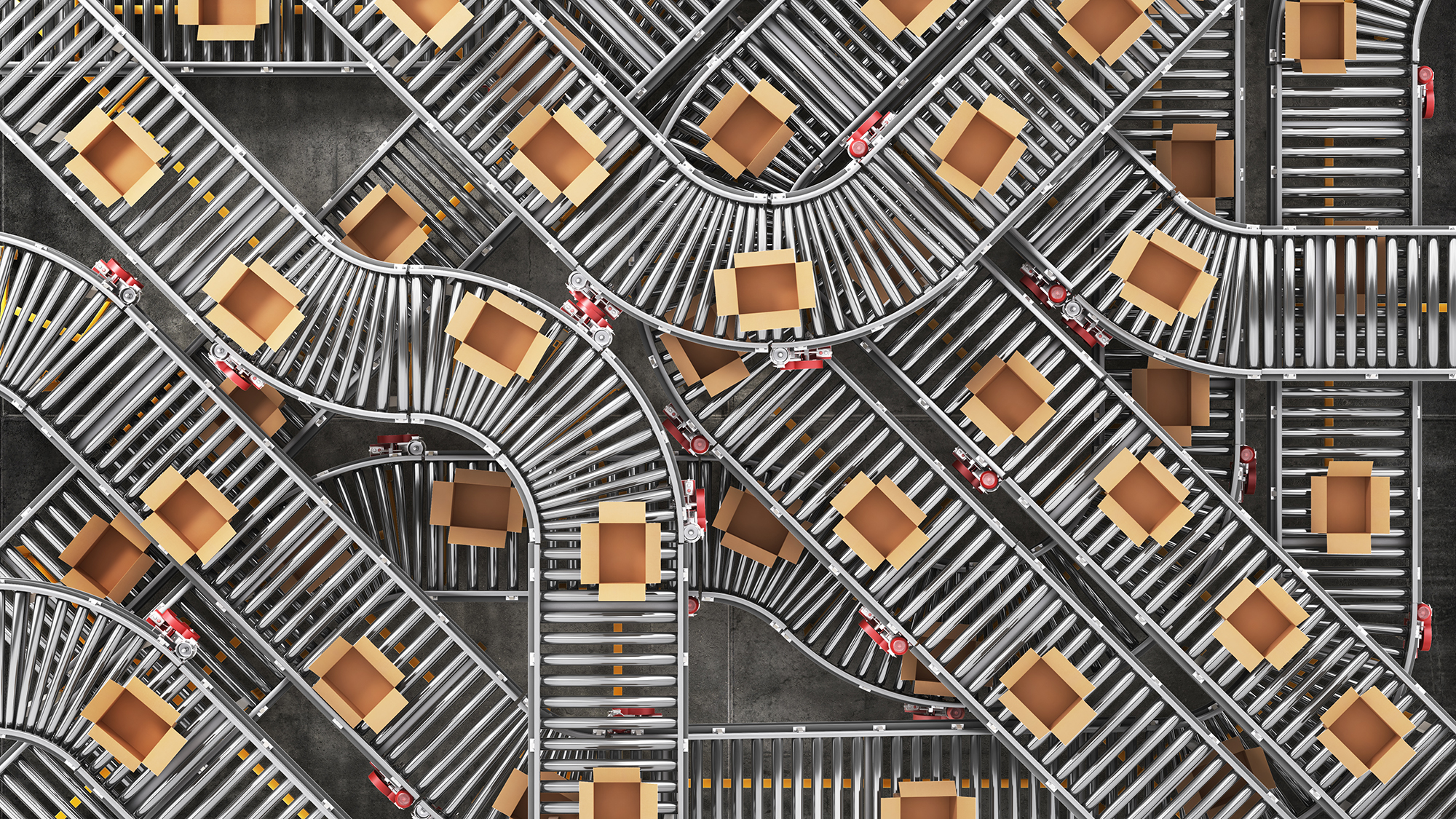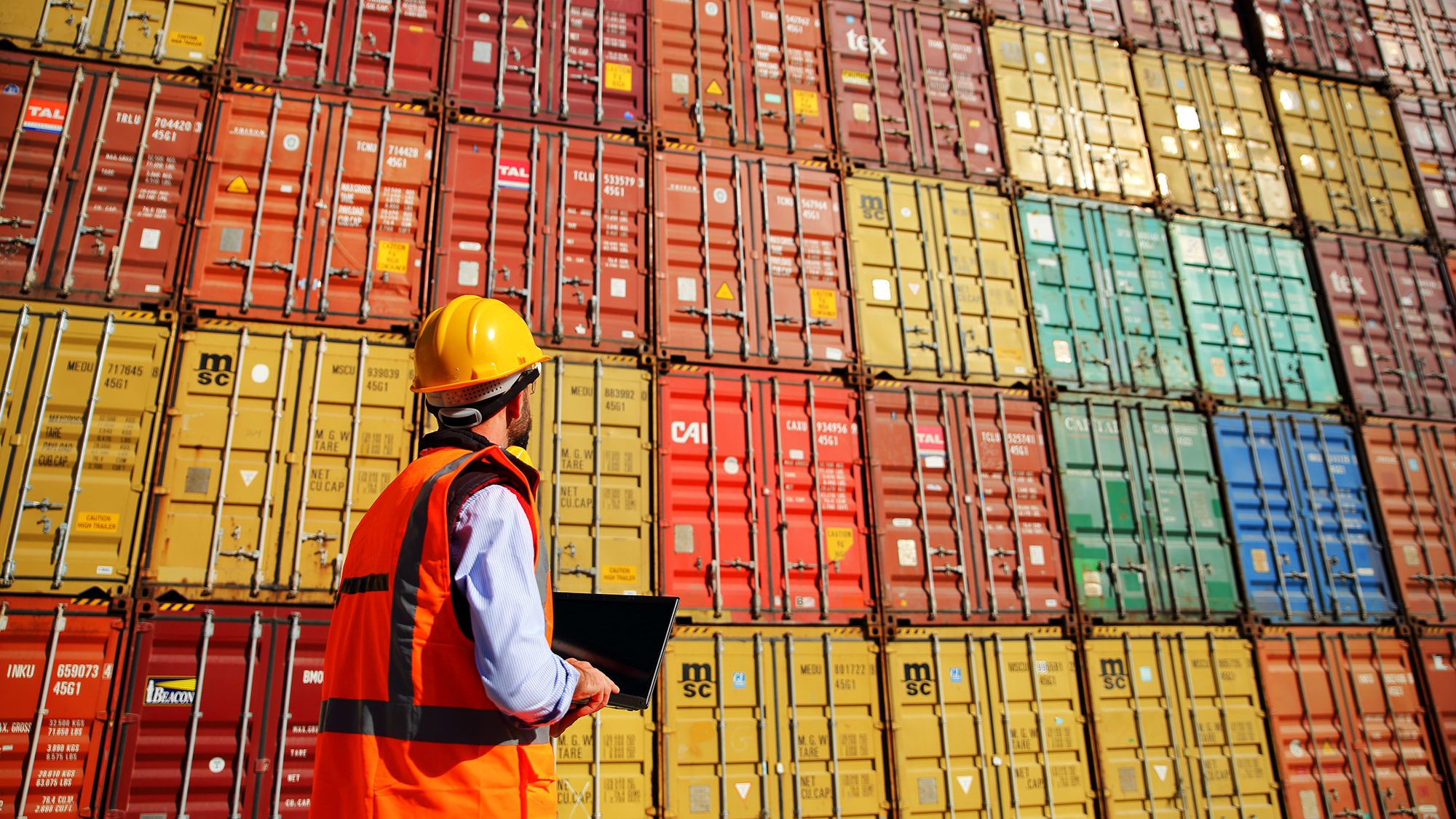Locked Up and Going Loco?
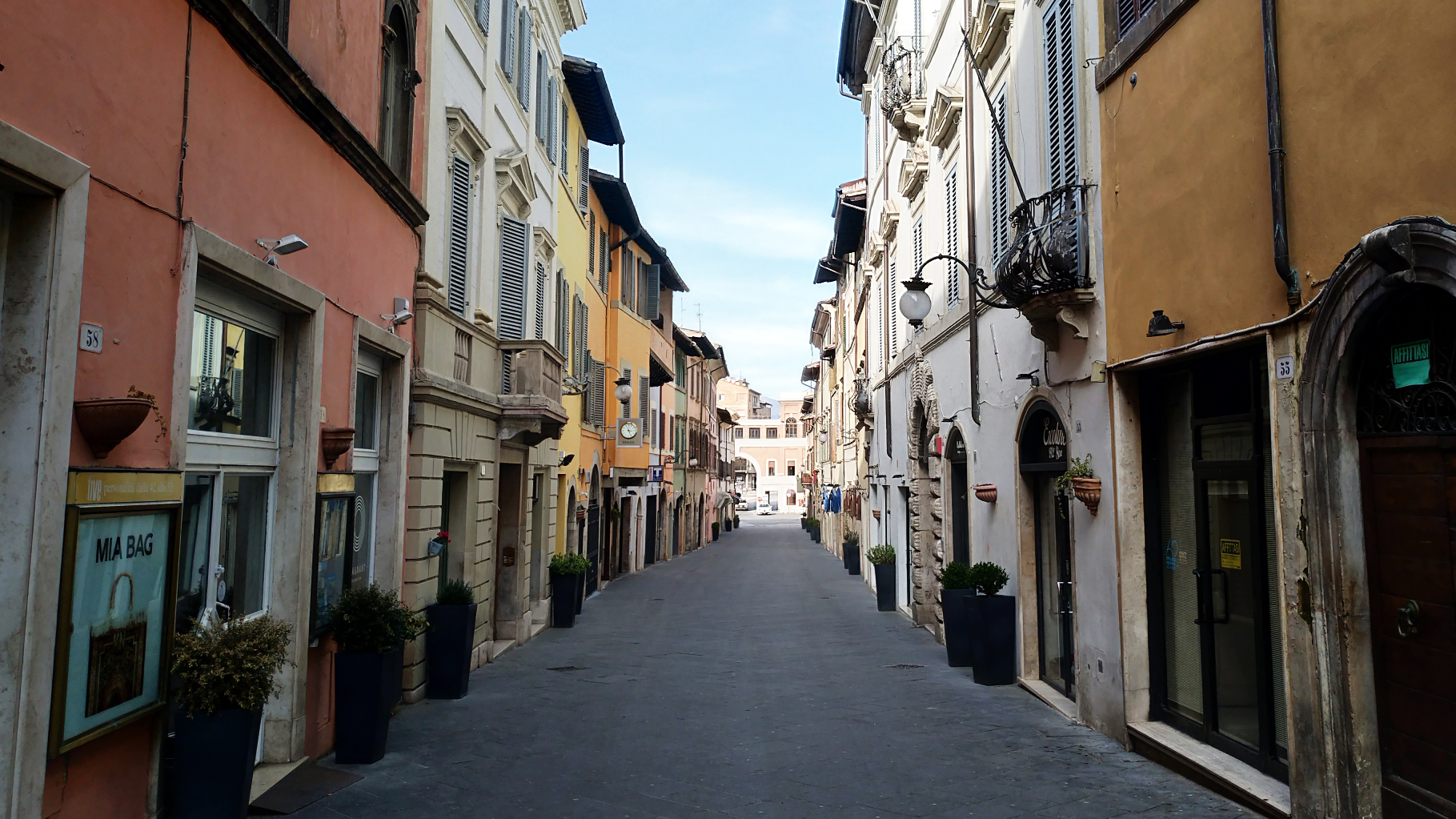
Yesterday my husband and I went from our tiny village in the hills to Spoleto to run some necessary errands – for the first time since I wrote about the beginning of the lockdown last week. A maximum of two passengers can travel in one car, one in front, the other in the back, and we have to carry a written justification for our outing. Failing to do so, we would risk a fine of €206 ($225).
While I was waiting in the car for my husband to finish shopping in the Egyptian fruit and vegetable shop, the owner came out and handed me a bunch of roses through the window: The florist next door had given him all she had left before closing up shop – like all non-essential businesses in town. Why let them go to waste, he asked. Why, indeed?
Lawbreakers on the Loose
His small gesture did lift my spirits in a time of great tensions and anxieties. To live near a forest where we can enjoy the early spring days to our hearts’ content is a privilege we have never valued as much as we do now. But walking through the narrow streets of Spoleto on my way to the post office, the deadly silence and emptiness gave me a sense of postapocalyptic dread. I spotted a mother with her small son doing neck gymnastics on their tiny balcony, carefully rolling their heads round and round, round and round. A woman on the next balcony over was absorbed in stretching exercises. No one took notice of me, walking swiftly down the alley with two letters in my hands. But friends have told me many stories of getting violently verbally abused from windows for making a short trip around the block. On social media, people are venting their anger about irresponsible people that are out and about, purportedly putting the lives of hard-working medical personnel at risk. And just as I write this the Italian sports minister announces, that “on the advice of the scientific community, we had allowed people to go for exercise outside, but too many people are on the streets so we may have to forbid it.”
But what if the draconian rules established for extremely densely populated cityscapes in China, are unnecessary at best and potentially life-threatening at worst in relatively sparsely populated areas like ours? The German virologist Christian Drosten explicitly said that, contrary to some other diseases, the COVID-19 virus is not airborne. Once it’s coughed out, it drops to the ground and doesn’t hover about in a cloud for hours. The best protection against the virus according to him? Outdoor activities, as long as you keep the proscribed safety distance. He also maintains that lack of cardiovascular health will make fighting illnesses like COVID-19 harder and potentially increase mortality.
While hurrying through the shuttered-up town, I couldn’t help but ponder his recommendations, wondering what the lack of physical activity, fresh air and exposure to natural light will do to people’s immune systems and overall sanity in the long run.
Moving to Survive
In Evolved to Exercise, Herman Pontzer, associate professor for evolutionary anthropology at Duke University, makes a compelling argument that physical activity is just about as essential to our existence as eating and breathing: “We must move to survive.”
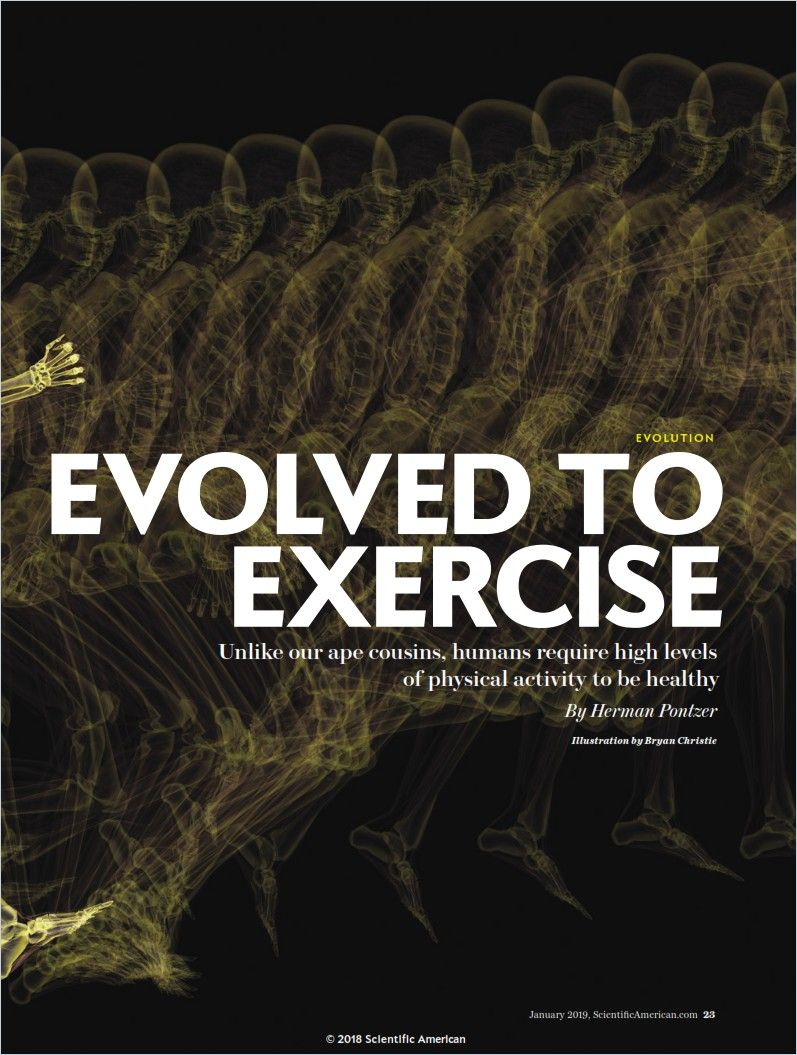
Wendy Suzuki, professor of neural science and psychology at New York University, hails the “brain-changing benefits of exercise,” pointing out that, among others, it protects you against developing depression.
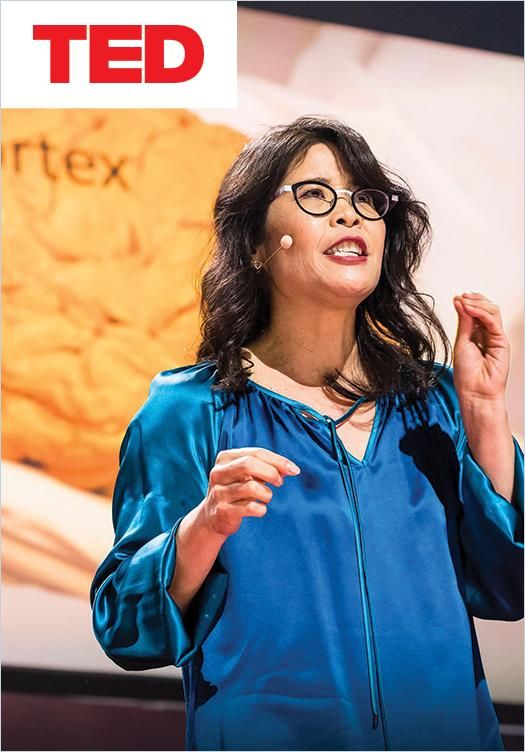
And in The Family Lockdown Guide on the current crisis, Celina Ribeiro from The Guardian suggests to keep up regular exercise at all costs – even if you can’t leave your house.
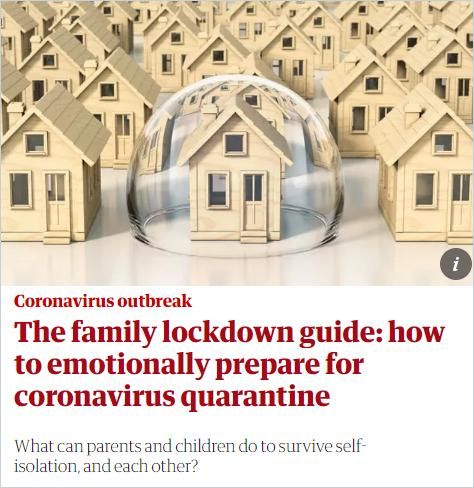
In many Italian cities, however, this is easier said than done. The average Italian home is just about 40% the size of its US equivalent. For many, setting up a home gym is simply not an option. Plus, much of everyday urban life happens outside your own four walls – on piazzas and boulevards, in bars and restaurants. For older Italians in the countryside, many of whom grew up as peasants, life revolves around their own vegetable patch. Yet when we stopped at our local agricultural supply store to buy some vegetable plants, the owner told us that he’s restricted to selling animal feed only. At the peak of planting season, there are no seedlings to be had, because those aren’t considered essential items. I guess that seedlings and seed packets will go to waste, gardens will not be tilled, and as budgets shrink and jobs become scarce, many people will be denied the chance to harvest their own food this year. A neighbor commiserates, saying the problem is that the rules have to be so strict since people don’t take them seriously. But we wonder if, in our fight against the spread, we are creating more problems than we solve, as the cooped-up nation grows passive, flabby and crazy.
For more information on the COVID-19 crisis, please check out our related Coronavirus and Epidemics channels.

